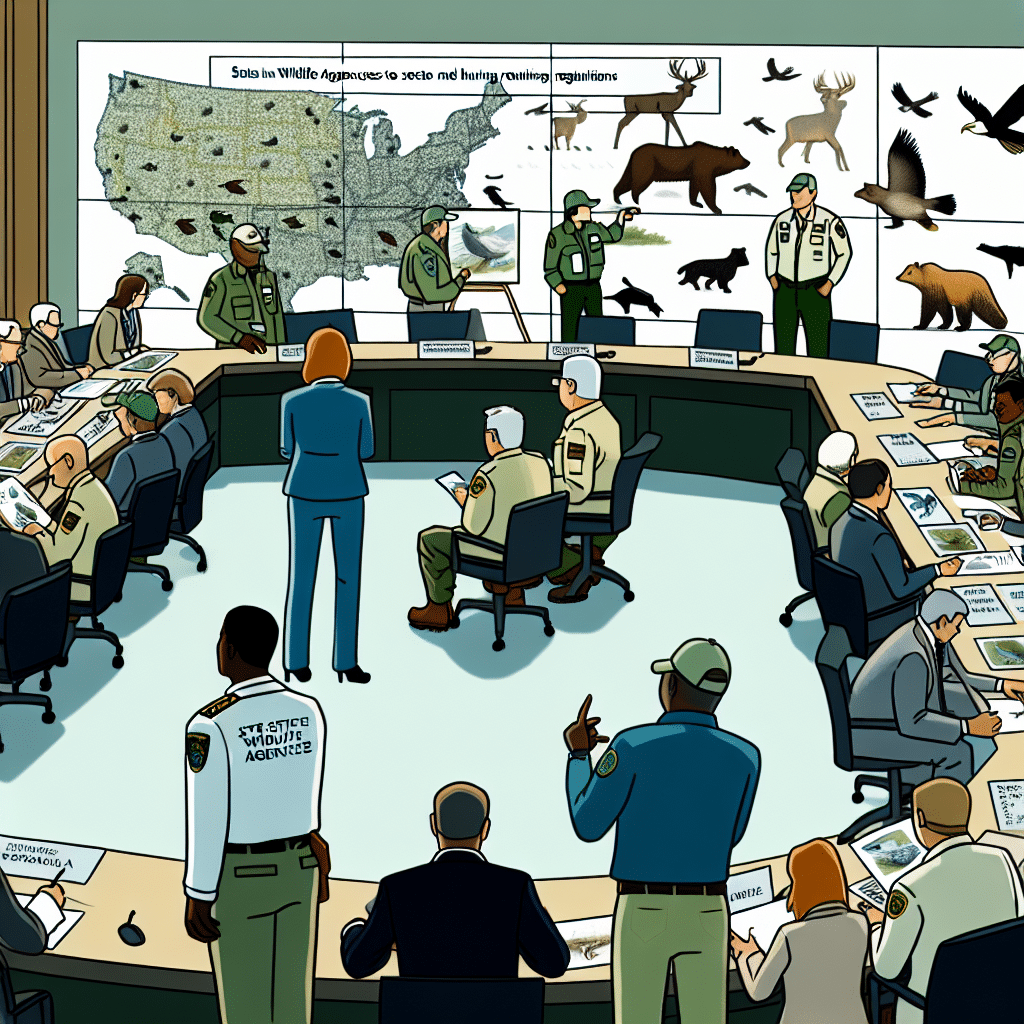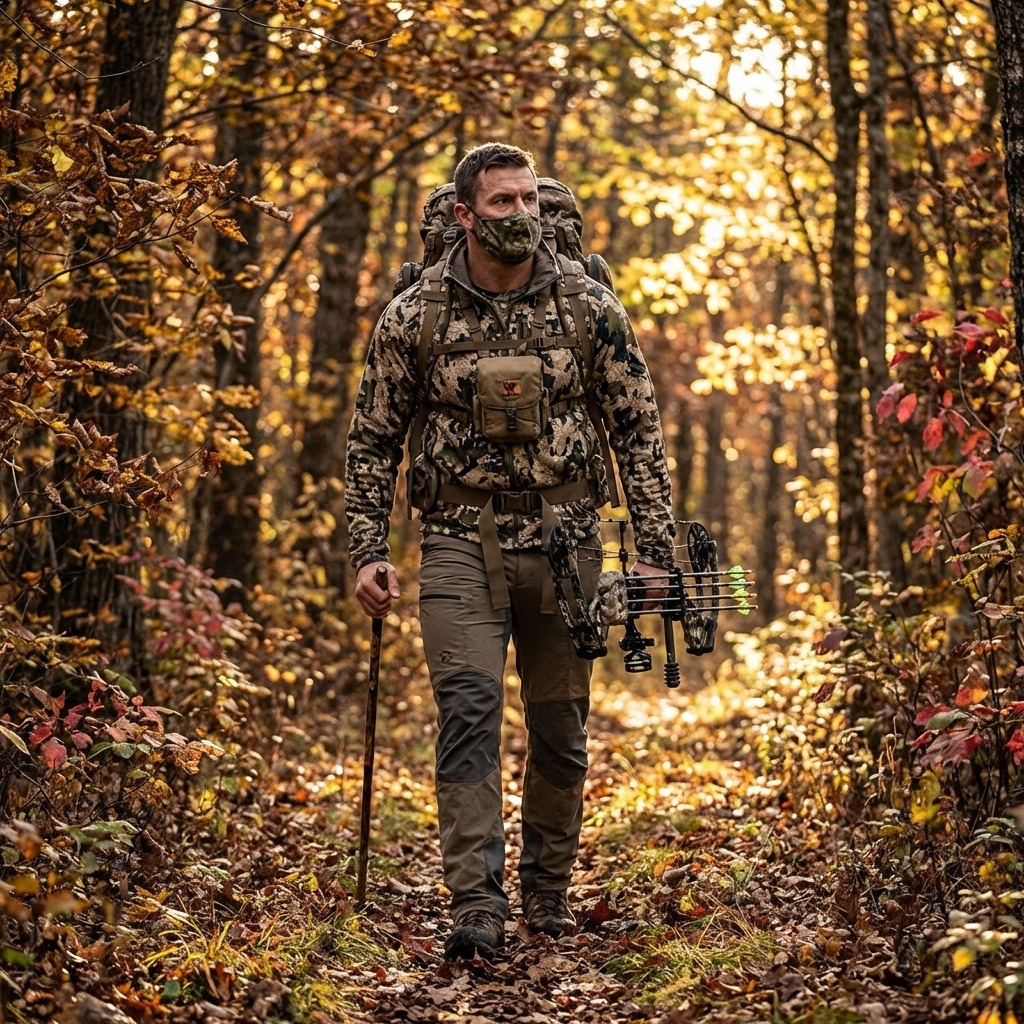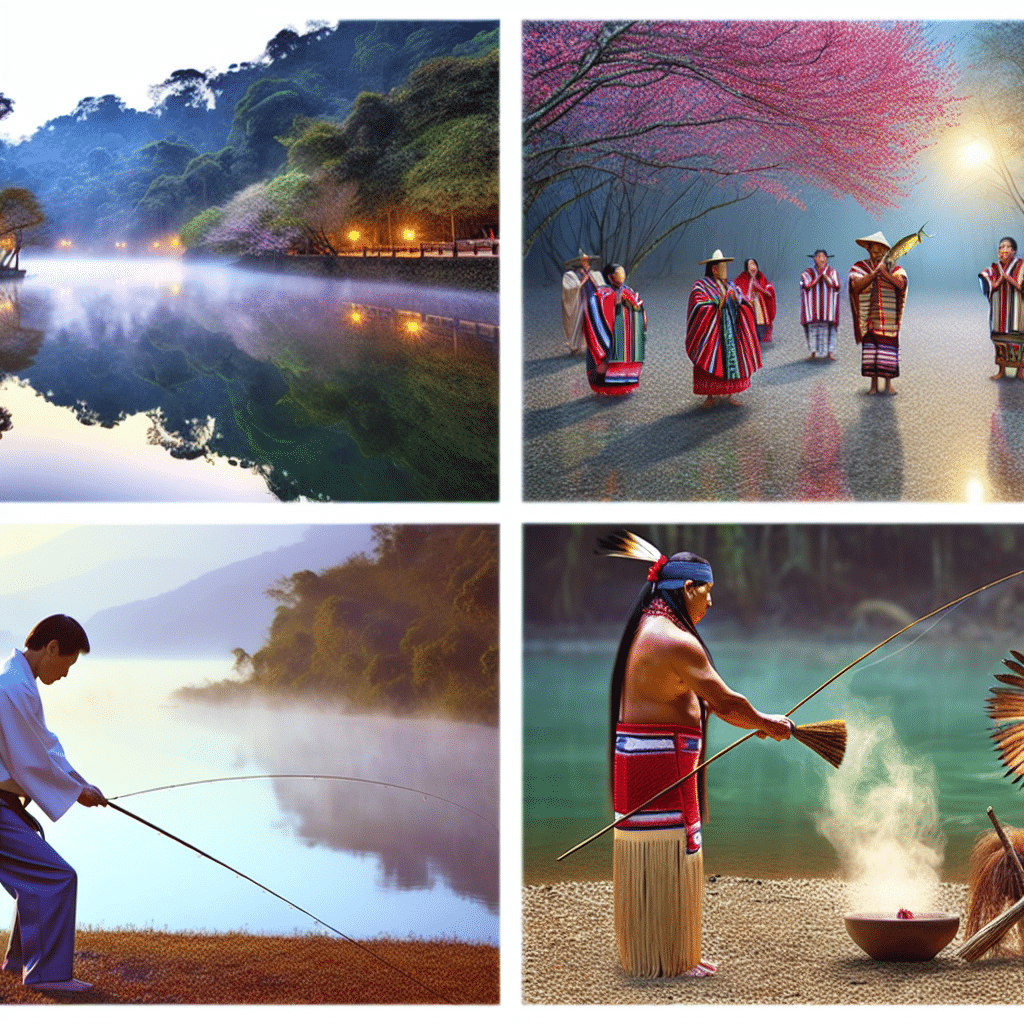Hunting is not just a sport; it’s an intricate aspect of wildlife management and conservation. Regulations are essential for ethical hunting and wildlife preservation as they ensure that hunting activities are conducted safely, legally, and sustainably. But have you ever wondered who sets these hunting regulations? Which group has the authority and responsibility to regulate hunting practices in most states? The answer is quite interesting and sheds light on the complex and well-deliberated system of wildlife management in the United States.
The Role of State Wildlife Agencies in Setting Hunting Regulations
In the majority of states, the responsibility of setting hunting regulations falls upon state wildlife agencies. These are government agencies, typically operating at the state level, entrusted with the task of formulating and implementing policies related to wildlife management, conservation, and hunting regulations.
How Do State Wildlife Agencies Function?
Comprising professionals like biologists, ecologists, and law enforcement officers, state wildlife agencies combine scientific research, field studies, and public input to formulate hunting regulations. They take into account various factors, including population dynamics of different species, their habitat needs, and environmental changes. Furthermore, they ensure that hunting does not negatively impact natural ecosystems and biodiversity.
Why State Wildlife Agencies?
The question may arise – why state wildlife agencies? The answer lies in the principle of wildlife being a public resource. In the United States, wildlife is considered a public trust resource, which means it is owned collectively by the public and managed by government agencies on their behalf. Thus, state wildlife agencies, acting as trustees of wildlife resources, formulate hunting regulations to ensure their sustainable use and long-term survival.
Are There Any Exceptions?
While state wildlife agencies set hunting regulations in most states, there are exceptions. In some cases, other entities like tribal governments or federal agencies may also be involved in setting hunting regulations. For instance, hunting on federal lands such as national parks and wildlife refuges is regulated by federal agencies like the U.S. Fish and Wildlife Service. Similarly, hunting on tribal lands is governed by respective tribal authorities.
How Are Hunting Regulations Implemented and Enforced?
Once the regulations are set, they are made available to the public, generally through hunting guides or online platforms. Hunters must obtain a license and adhere to these regulations, which typically include restrictions on hunting seasons, bag limits, equipment, methods, and areas. Violation of regulations can lead to penalties, including fines, license suspension, and even imprisonment.
The enforcement of hunting regulations is primarily the responsibility of game wardens or conservation officers. These law enforcement officers not only enforce regulations but also educate hunters about responsible and ethical hunting practices.
Are Hunting Regulations Set in Stone?
Given the dynamic nature of wildlife populations and ecosystems, hunting regulations are not set in stone. State wildlife agencies continuously monitor wildlife populations, habitat conditions, and ecological changes. Based on their findings and public input, they regularly update hunting regulations to reflect current wildlife management goals and challenges.
In Conclusion: Which Group Sets Hunting Regulations in Most States?
So, which group sets hunting regulations in most states? The answer is state wildlife agencies. These agencies, backed by scientific research and public trust doctrine, play a crucial role in wildlife conservation and sustainable hunting. However, it’s important to remember that hunting regulations are not a one-size-fits-all solution. They are tailored to meet the specific needs of different states, species, and ecosystems, and they evolve over time to address new conservation challenges and priorities. As responsible hunters, we must respect and follow these regulations to contribute to wildlife conservation and enjoy a sustainable hunting experience.




